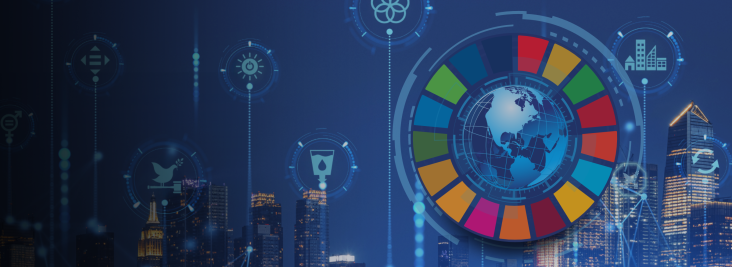Ensure inclusive and equitable quality education and promote lifelong learning opportunities for all

SDGs have been added on Scopus' author profile pages, appearing under the rebranded “Impact” section.

More than 1100 people came together virtually on 18 June 2024 for the tenth edition of the RELX SDG Inspiration Day: "In the Age of AI: Information to Advance the UN Sustainable Development Goals (SDGs)." The annual online event brings together thought leaders, corporate representatives, students, investors, governments, and NGOs to explore pressing issues, gain practical insight, and inspire action on the United Nations Sustainable Development Goals (SDGs).

Recognising our customers' exceptional work to achieve the UN Sustainable Development Goals.


